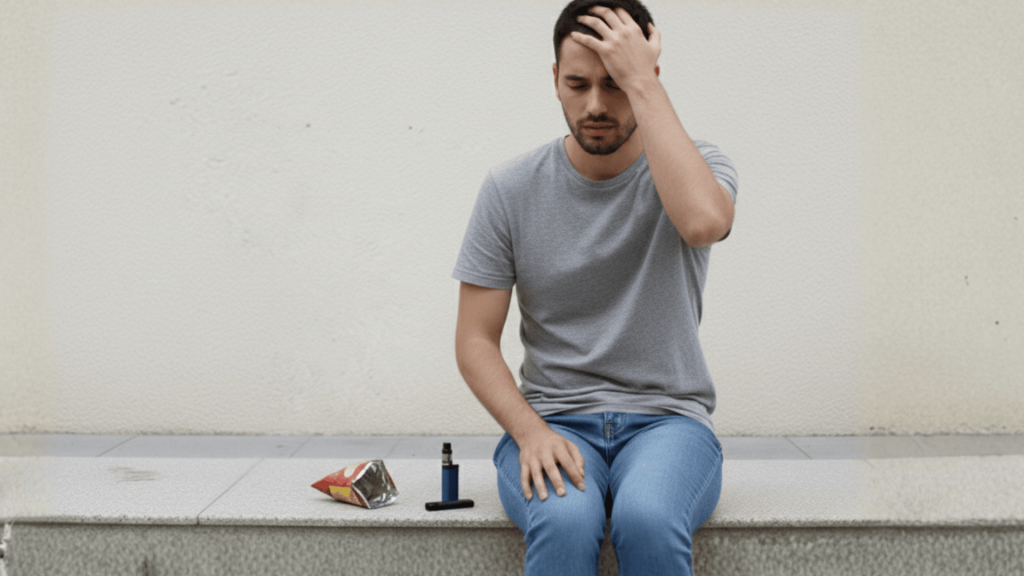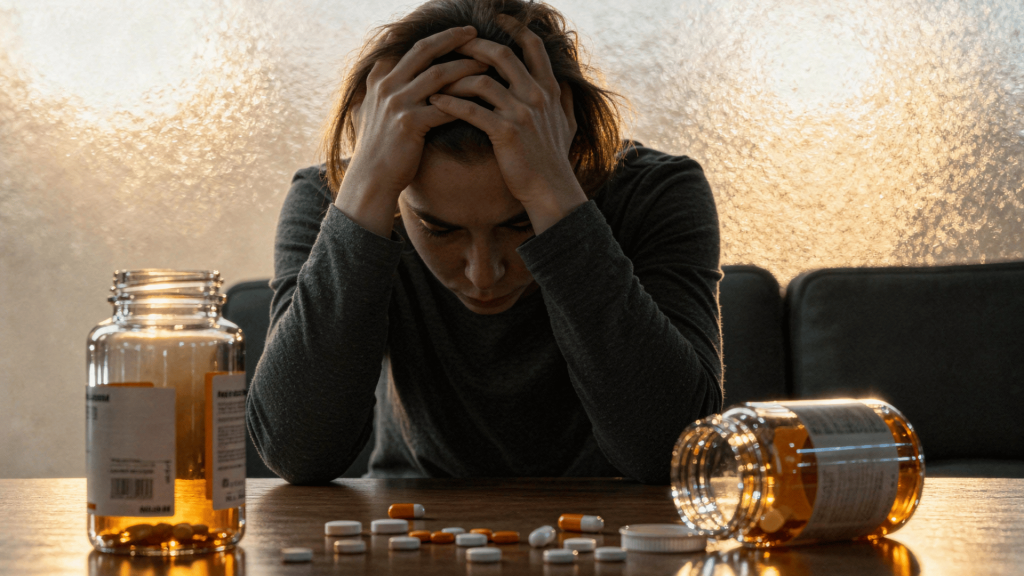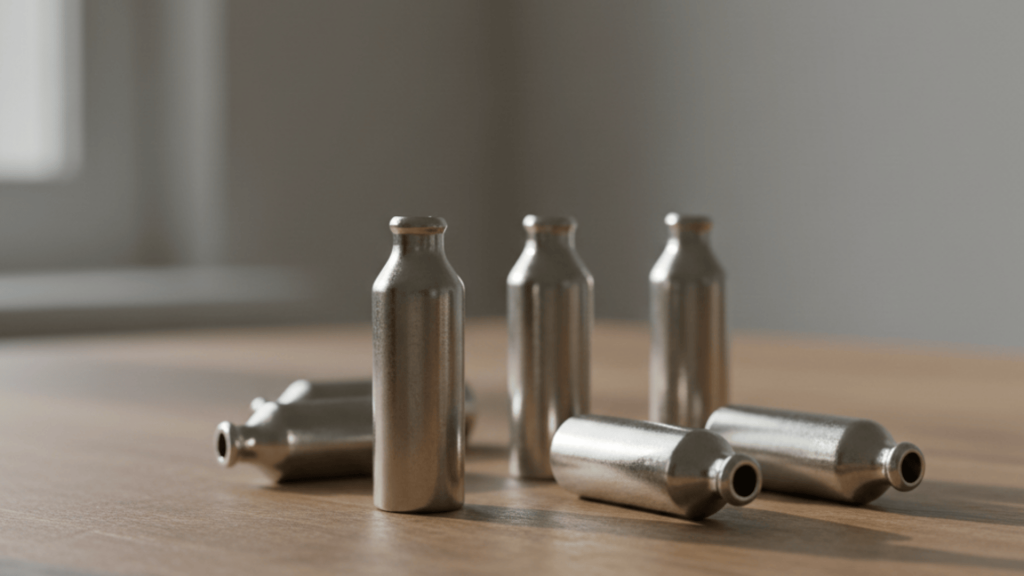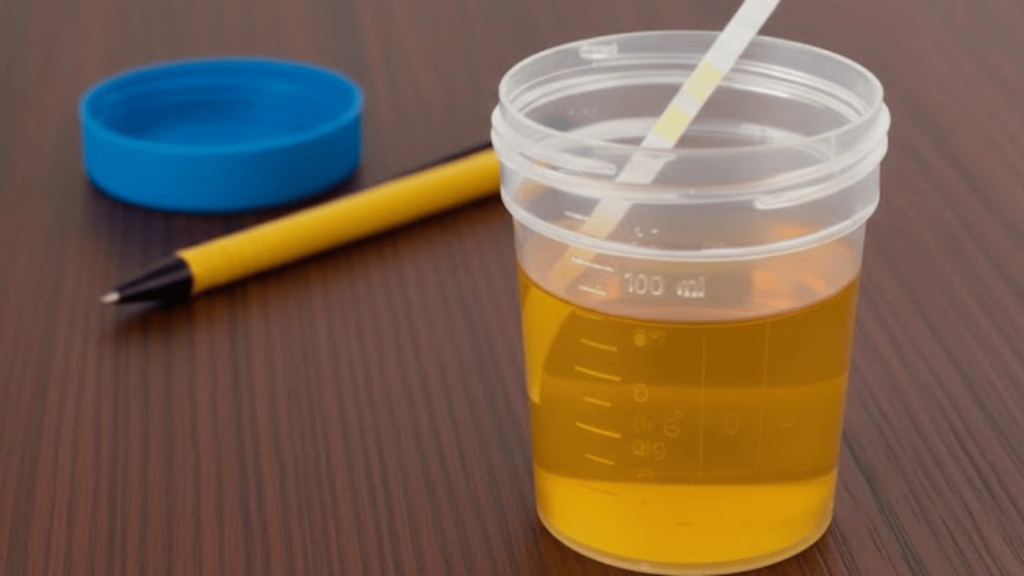THCP has been making waves lately as the “supercharged” version of THC. You’ve probably seen videos or posts claiming it’s dozens of times stronger and can keep you high all day. But how true is that?
Yes, THCP can get you high, and it’s much stronger than regular THC. But it’s not just about intensity; it’s about how it interacts with your body, how long it lasts, and how you use it safely.
Before trying THCP, it helps to understand cannabinoids in their raw form, like learning what THCA flower is and how it becomes psychoactive when heated.
I’ve looked into it, and here’s what you should know before trying it.
Disclaimer: This content is for informational purposes only and does not serve to promote or encourage the use of THCP or any other cannabinoid. It is not medical or legal advice.
What is THCP?
THCP stands for tetrahydrocannabiphorol, a naturally occurring cannabinoid found in cannabis. It was discovered by a team of Italian researchers in 2019 while studying how cannabinoids affect the body.
The main thing that makes THCP stand out is its seven-carbon side chain. THC, by comparison, has five. That small chemical difference gives THCP a stronger grip on the brain’s receptors, which explains why even a little can feel so powerful.
Although THCP does exist naturally in cannabis, it’s present in very tiny amounts: less than 0.1%.
Most of the THCP used in vape carts or gummies is made by converting CBD from hemp into THCP through lab processes.
This helps manufacturers stay within federal hemp laws while creating products with strong psychoactive effects.
If you’re curious about raw cannabinoids and their effects, you might want to learn ifTHCA gets you high to understand how activation changes potency.
How THCP Works in the Body
To understand why THCP feels stronger, you need to know a bit about your endocannabinoid system (ECS). It’s a network of receptors in your brain and body that helps regulate mood, pain, sleep, and appetite.
THCP binds primarily to CB1 receptors in the brain, the same ones responsible for the high you get from THC. But because THCP has a longer carbon chain, it attaches more tightly, producing a stronger signal. It also binds more effectively to CB2 receptors, which affect pain and inflammation.
That tighter connection means your body processes THCP differently. The effects tend to come on strong, stay longer, and fade more slowly. In simple terms, your body “holds onto” THCP longer than regular THC.
Does THCP Get You High?
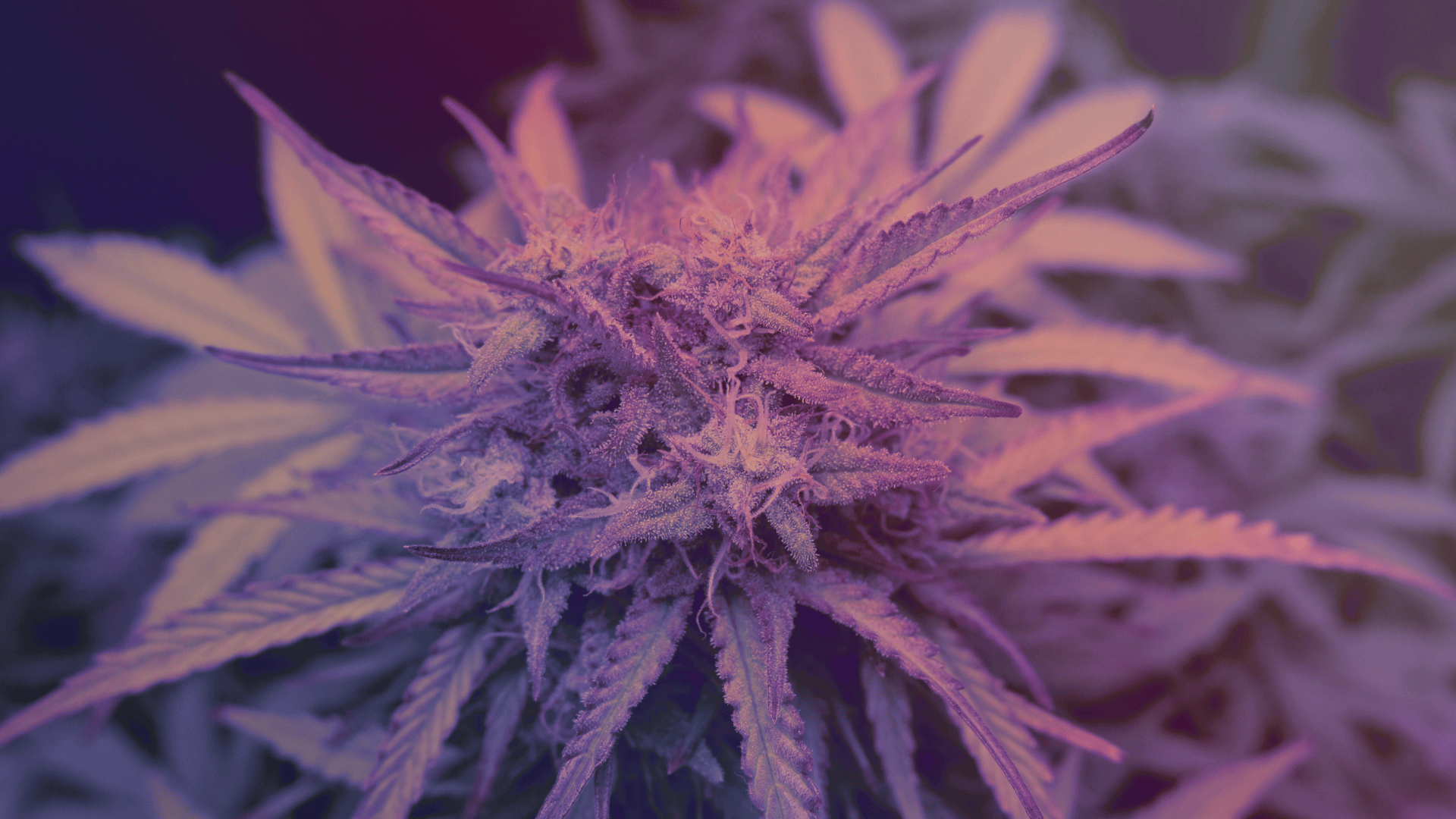
Yes, THCP gets you high, often more than you might expect. The high is both mental and physical, usually described as heavier, slower, and deeper.
You might feel:
- A strong sense of euphoria or uplifted mood
- Body relaxation that borders on sedation
- Enhanced focus or sensory perception
- Slower thought processing or time distortion
That said, the experience varies a lot depending on your tolerance, dose, and how you consume it. If you’re not used to standard THC products, THCP can feel overwhelming.
Here’s a quick look at how it compares to other cannabinoids:
| Cannabinoid | Psychoactive? | Potency Level | Common Experience |
|---|---|---|---|
| THCP | Yes | Extremely High | Long, heavy, euphoric high |
| Delta-9 THC | Yes | High | Classic balanced high |
| Delta-8 THC | Yes | Mild | Smooth, calming effects |
| THCA | No (until heated) | None | Non-psychoactive |
So yes, THCP absolutely gets you high, but it’s not for beginners. The line between “fun” and “too much” is thinner than you think.
How Strong is the THCP High?
You’ve probably heard claims that THCP is 30 times stronger than THC. That number comes from how tightly it binds to CB1 receptors in laboratory settings, not from real-world human use.
Research from CB1 Medical (2025) explains that THCP binds to CB1 receptors with an affinity up to 33 times higher than Delta-9 THC. This strong binding suggests potential potency, but doesn’t directly reflect how high you’ll actually feel.
In practice, binding affinity shows potential, not guaranteed strength. The real experience depends on dosage, body chemistry, and method of consumption.
For example, a small puff from a THCP vape may feel comparable to several puffs of Delta-9 THC, while an edible with only 1–2 milligrams of THCP can feel like 10–15 milligrams of regular THC for some users (Miraculix Lab).
According to Danu Wellness (2024), most users describe THCP as roughly five to ten times stronger than standard THC products. The high tends to build slowly and last longer, often for six hours or more, even at small doses.
Reviews compiled by Recovered.org note that many users report a deeper relaxation and prolonged calm, but also warn that potency can vary widely based on the source and formulation.
If you’re new to THCP, that strength can catch you off guard. Always start small; its intensity doesn’t mean “better.” It simply means you need much less to reach your comfort zone.
How THCP Kicks In: Duration and Onset
The way THCP hits depends on how you use it.
- Vaping: Starts working within 5–10 minutes and lasts around 2–4 hours.
- Smoking: Similar timing but may fade slightly faster.
- Edibles: Take 45–90 minutes to kick in, but can last 6–8 hours or longer.
If you’ve eaten recently, it might take even longer for edibles to activate. Your metabolism, body weight, and tolerance also matter.
In my experience, edibles are where people tend to overdo it. You take one gummy, feel nothing after half an hour, and then take another, and that’s when it hits twice as hard. Patience matters a lot with THCP.
Side Effects and Risks of THCP Consumption
THCP’s power comes with potential downsides, especially if you take too much. Because it binds so strongly, side effects can hit harder than expected.
Common issues include:
- Anxiety or paranoia
- Dizziness or feeling faint
- Rapid heart rate
- Confusion or mental fog
- Dry mouth and fatigue afterward
These effects are usually short-term, but they can be intense. If it happens, drink plenty of water, rest in a quiet space, and try some CBD; it can help calm your system and reduce anxiety.
Another concern is product quality. Since THCP is relatively new, it’s not tightly regulated.
Some brands mix THCP with other cannabinoids or synthetic compounds without listing them. That’s why I always suggest checking for third-party lab reports before buying anything.
Long-term research on THCP is limited, so moderation is key. Using it occasionally and at low doses keeps the experience enjoyable and safe.
THCP vs. Other Cannabinoids
Every cannabinoid has a slightly different personality. Here’s how THCP stacks up.
| Cannabinoid | Description | Strength | Onset | Duration |
|---|---|---|---|---|
| THCP | The powerhouse of the group. Feels like Delta-9 THC turned up several levels; stronger, longer, and more sedative. Roughly 10× more potent than Delta-9 by weight. | Very High | 5–60 min | 2–8 hrs |
| Delta-9 THC | The classic compound behind most cannabis highs. Produces euphoria, relaxation, and sensory enhancement at moderate doses. | High | 5–30 min | 2–4 hrs |
| Delta-8 THC | A smoother, milder form of THC that delivers gentle relaxation without heavy sedation or anxiety. | Mild | 10–40 min | 2–3 hrs |
| THC-O | Fully synthetic and slower to activate. Known for an intense, sometimes psychedelic effect that lasts longer than most cannabinoids. | Very High | 30–60 min | 4–6 hrs |
| THCA | The raw, non-psychoactive form of THC. Must be heated to convert into an active compound; no “high” on its own. | None | — | — |
If you’re looking for a quick, powerful experience, THCP delivers intensity few others match. For a balanced or more predictable effect, Delta-8 or Delta-9 THC is usually a safer starting point.
THCP Dosage and Safe Consumption Guide
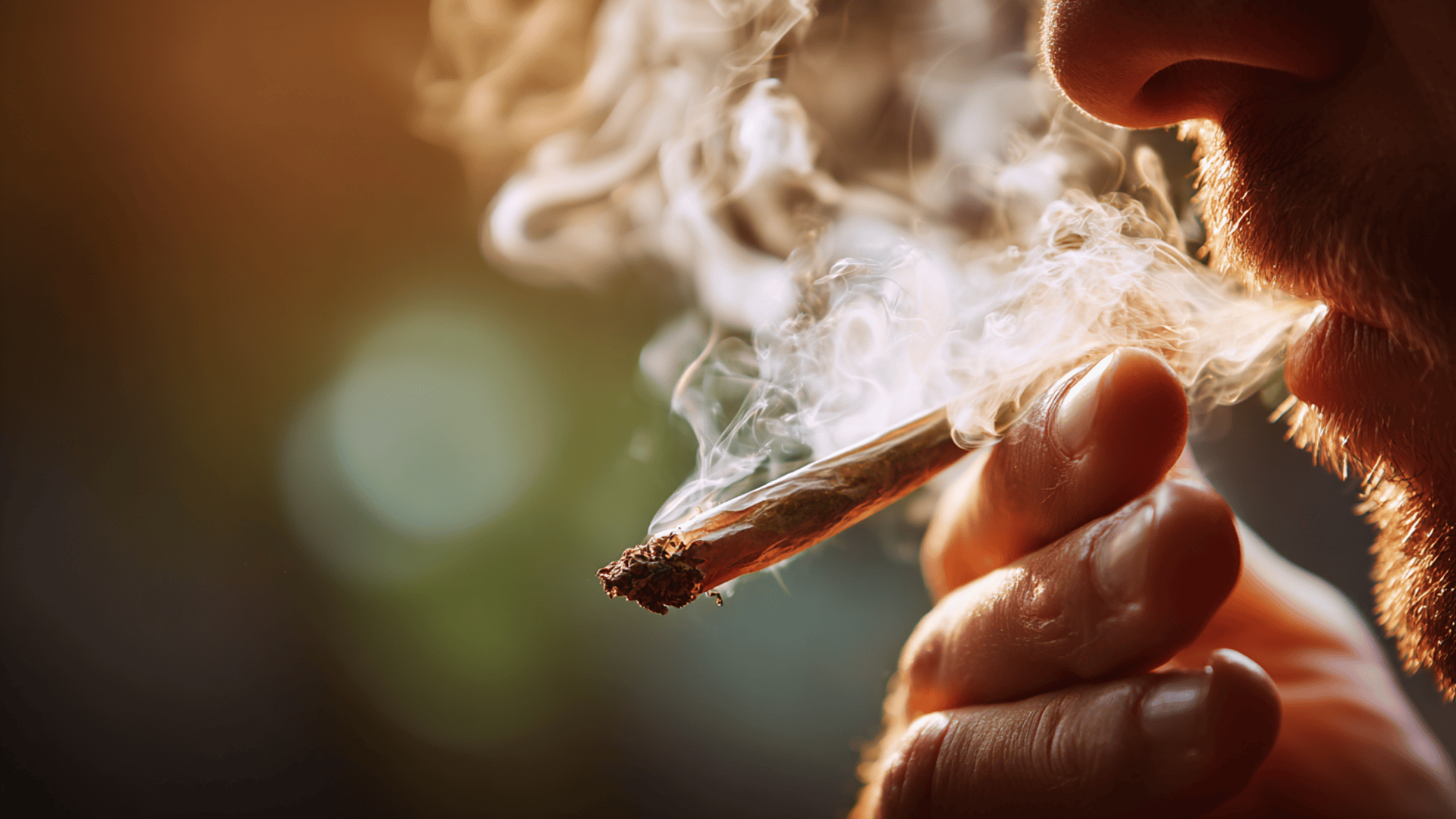
When it comes to THCP, less is more. It’s incredibly potent, and even tiny doses make a big difference.
Start with 0.5–1 milligram if you’re a beginner. Wait at least two hours before considering more, especially if you took an edible. Vaping offers faster feedback, but the same rule applies: start low, go slow.
Always look for lab-tested products from reliable sources. The label should list exact milligrams of THCP and include test results confirming purity.
If you ever feel uneasy, pause your use for a few days and let your tolerance reset. You’ll enjoy the experience much more when you’re in control of it.
THCP’s Legality and Regulation
Here’s where things get tricky. Under the 2018 Farm Bill, hemp-derived cannabinoids like THCP are federally legal as long as they contain less than 0.3% Delta-9 THC.
But many states have introduced their own rules. Some treat THCP and similar cannabinoids the same way as Delta-9, making them restricted or banned. Others allow them in limited forms, often requiring lab verification.
The biggest issue is that most THCP is synthetically converted from CBD, and some states are cracking down on chemically altered cannabinoids.
If you’re buying online, always check whether THCP products are allowed in your state before ordering. Since laws are changing quickly, staying informed helps you avoid trouble.
Conclusion
THCP absolutely gets you high, often higher than you expect. It’s one of the most potent cannabinoids known today, capable of producing intense, long-lasting effects even at very small doses.
If you’re curious, start small, use lab-tested products, and respect its strength.
I’ve seen people enjoy THCP when they approach it with patience and awareness. Used wisely, it can be an interesting experience, but safety and moderation always come first.
A little THCP can take you far. Make sure you’re ready before you go there.
Frequently Asked Questions
Will THCP show up on a drug test?
Yes. Most drug tests detect THC metabolites, and THCP breaks down similarly, meaning it can trigger a positive result for THC use.
Is THCP addictive?
Not physically, but its intense effects can lead to psychological dependence if used frequently or in large amounts. Moderation helps maintain balance.
Can you mix THCP with CBD?
Yes. Combining CBD with THCP can soften its intensity, promoting relaxation while reducing anxiety or paranoia for a smoother experience.
What should you do if you take too much THCP?
Stay calm, hydrate, and rest. Taking a small dose of CBD may help balance out THCP’s strong effects until they fade naturally.


